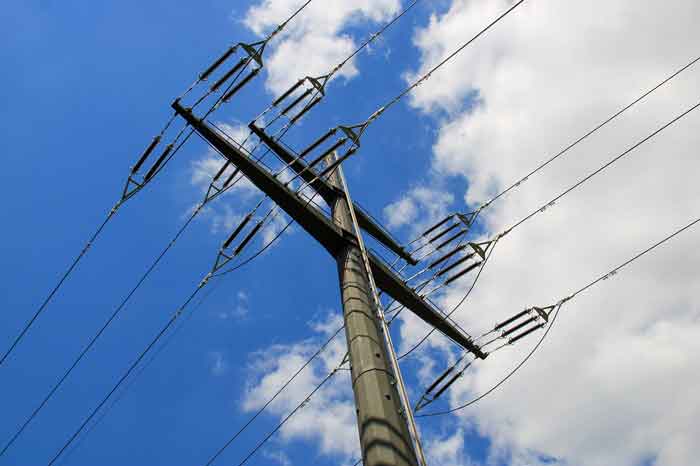Ontario Faces New Air Conditioner Power Demands
- Electricity use in Ontario is expected to track a faltering economy and drop slightly in 2002, but residents with sweaty memories of this year's heat waves could bring loads back up, the province's power controller said.
Electricity demands in Ontario set all-time 20-minute peak highs this summer in response to furnace-like heat that forced cities such as Toronto to issue their first public heat alerts.
For a province more used to issuing wind-chill factor warnings, Ontario's Independent Electricity Market Operator acknowledged in its 18-month outlook the trend is swinging toward air conditioning pushing the power line.
The economy sets the baseline for electricity use, but the weather is what drives it, spokesman Kevin Dove said.
"Overall, we think demand will be a little low because of the slower economy," Dove said from Toronto. "But at the same time, we're looking at these huge spikes because of air conditioner use."
Under normal weather conditions, the IMO sees the 2002 summer peak demand to be 150 megawatts lower than projected last quarter because of the economic downturn hitting North America. That could be challenged if Mother Nature turns up the heat again next year.
Power demands broke summer and winter records in Ontario Aug. 8, hitting a 20-minute peak of 25,269 megawatts - almost 1,900 MW more than the previous summer record.
Provincial generation was more than adequate to supply the electricity, however exports to neighboring provinces and the U.S. were substantially reduced during the peaks.
The IMO said in its revamped forecast that it expects to have enough electricity to meet provincial needs, and that the transmission grid was in "good shape" to supply it.
While virtually impossible to accurately predict long-range weather forecasts, housing and manufacturing reports indicate a substantial increase in sales of cooling units in Ontario. Since the blistering summer of 1999 (which was followed by a cooler-than-normal 2000), all new houses and apartments now are equipped with cooling as well as heating units, substantiating the IMO's belief that air-conditioner loads in Ontario are having a significant impact on power demands.
"There are alternatives to electric heating," Dove said. "But no real alternative to electric air conditioning."
Related News

Medicine Hat Grant Winners to Upgrade Grid and Use AI for Energy Savings
MIAMI - The city of Medicine Hat, Alberta, is taking bold steps toward enhancing its energy infrastructure and reducing electricity consumption with the help of innovative technology. Recently, several grant winners have been selected to improve the city's electricity grid distribution and leverage artificial intelligence (AI) to optimize energy use. These projects promise to not only streamline energy delivery but also contribute to more sustainable practices by reducing energy waste.
Advancing the Electricity Grid
Medicine Hat’s electricity grid is undergoing a significant transformation, thanks to a new set of initiatives funded by government grants. The city has long been known…




